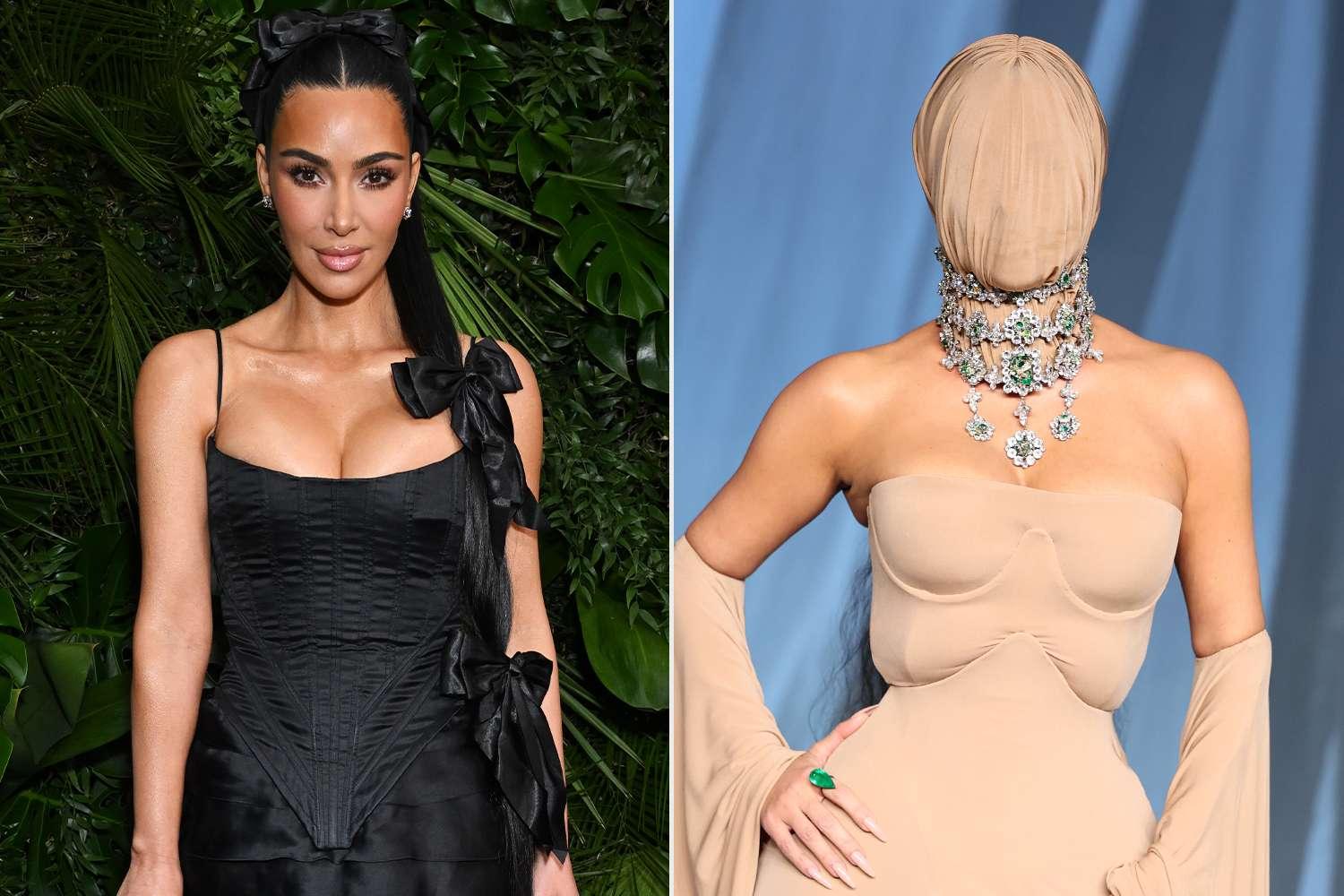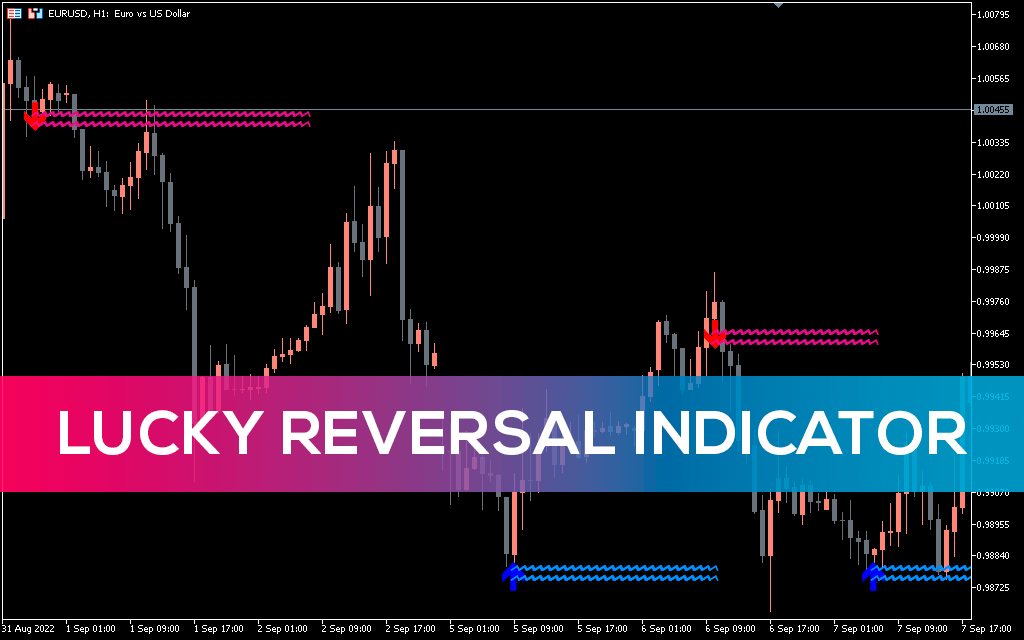Kim Kardashian Admits She Was 'Pretty Tested' After Kanye West's Latest Outbursts, Says She Just Wants to 'Protect My Babies'
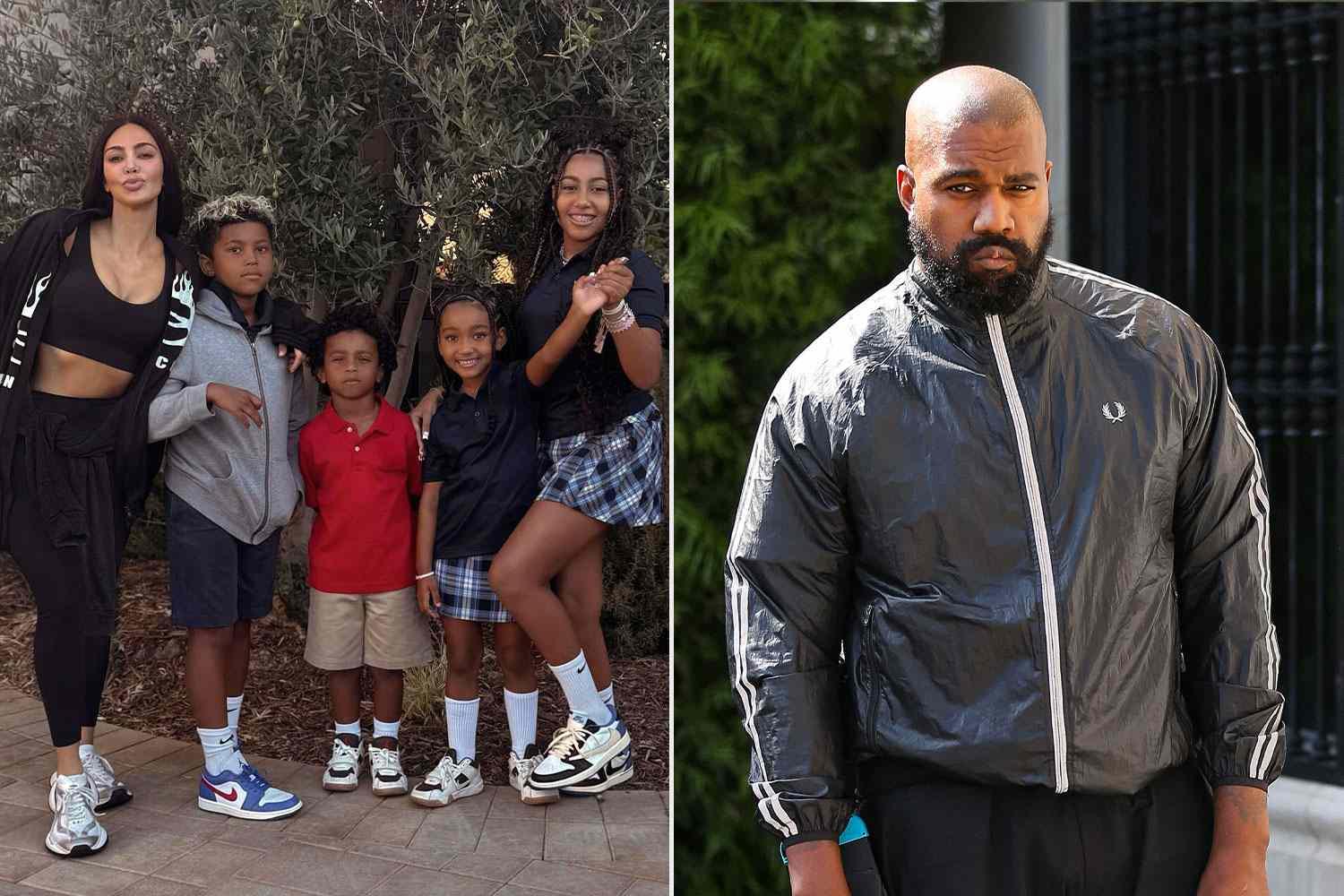
Kim Kardashian opens up about life after Kanye West, revealing the emotional toll of public divorce, co-parenting, and mental health struggles. Discover powerful lessons on resilience, parenting, and protecting peace in the public eye. Beyond the Headlines: What Kim Kardashian’s Post-Divorce Journey Teaches Us About Parenting, Public Life, and Mental Health
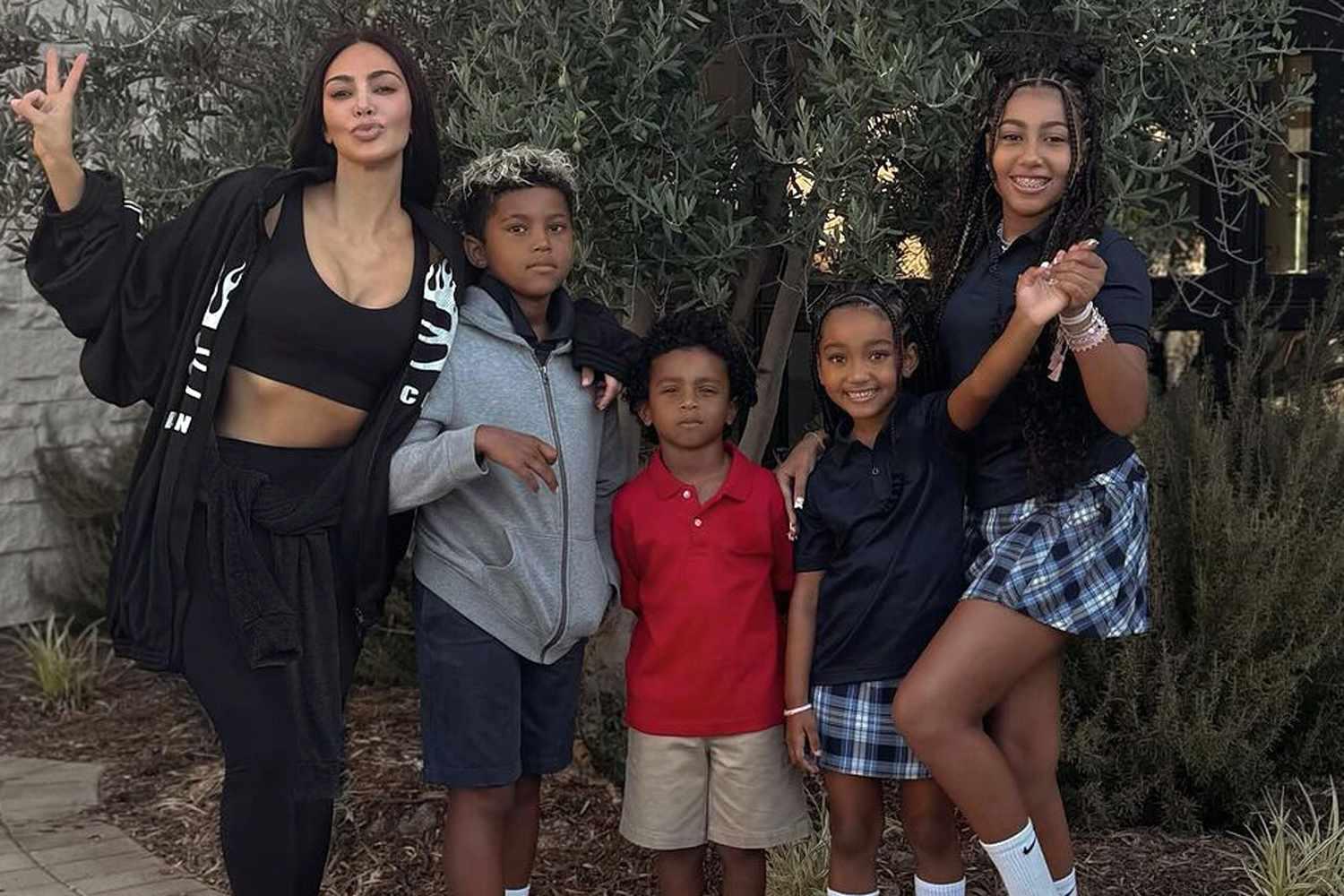
When Kim Kardashian quietly admitted that she’s “just trying to protect my babies” following her ex-husband Kanye West’s public outbursts, the world listened.
It wasn’t the usual celebrity soundbite — it was a raw, vulnerable moment that peeled back the glossy layers of fame to reveal the emotional reality behind public life, parenthood, and personal healing.
The beauty mogul and reality star has spent decades under intense scrutiny, but her recent reflections — including comments about stress, psoriasis flare-ups, and even a sense of “Stockholm syndrome” from her marriage — offer far more than tabloid material.
They open a meaningful conversation about how people, famous or not, navigate emotional trauma, protect their children, and rebuild identity after difficult relationships.
The Background: Kim, Kanye, and a Public Love Story Turned Complicated
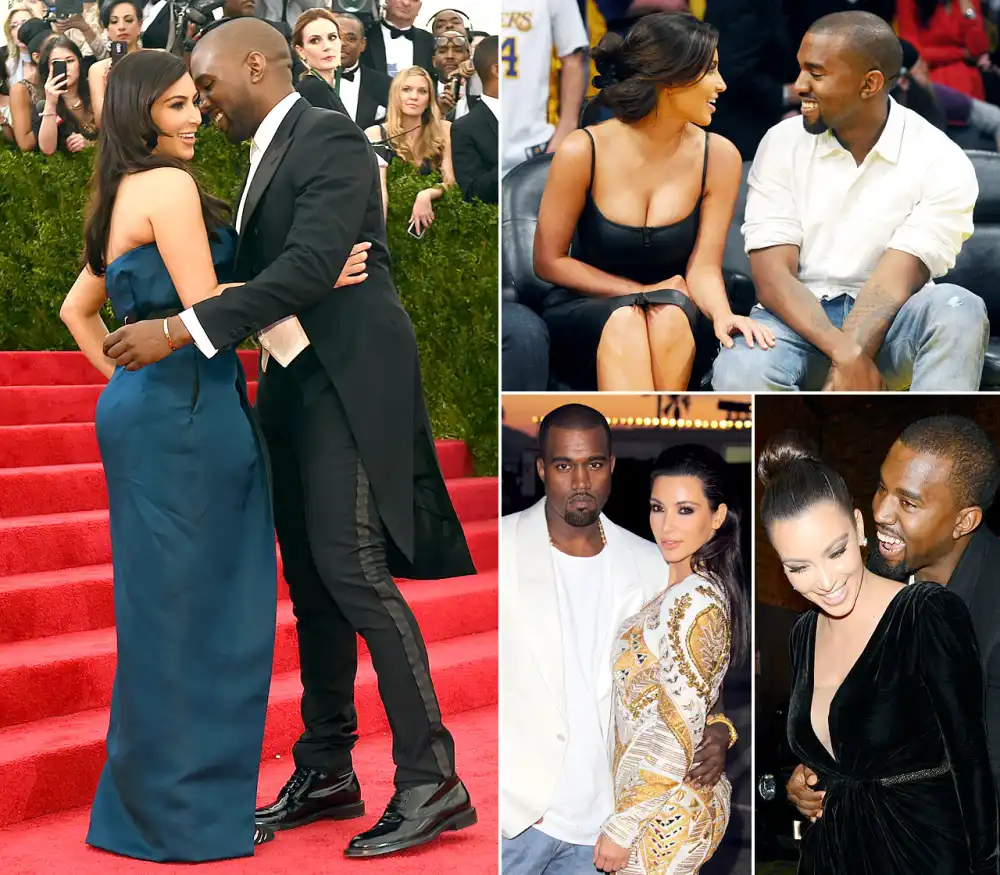
Kim Kardashian and Kanye West were once the power couple of pop culture. They married in 2014, built empires together, and welcomed four children — North, Saint, Chicago, and Psalm. Their union blended music, fashion, and celebrity in a way few couples ever have.
But in 2021, after years of turbulence and increasingly unpredictable public behavior from Kanye, Kim filed for divorce. What followed wasn’t just the dissolution of a marriage — it was the unfolding of a private emotional storm played out in full view of the world.
In recent episodes of The Kardashians, Kim opened up about feeling emotionally “tested,” trying to shield her children from the chaos, and managing the weight of co-parenting with someone whose public persona often dominates headlines.
Her words — “I just want to protect my babies” — resonated deeply with millions who’ve faced similar struggles, albeit away from cameras.
The Emotional Cost of Public Divorce

Divorce is hard enough in private; imagine every argument, every rumor, every emotional wound amplified across global media platforms. Kim has described the toll this took, noting how she felt “tested” beyond measure, even to the point of physical symptoms — her psoriasis returning due to stress.
“I had psoriasis again,” she said, “and I was so stressed.”
This vulnerability is rare in celebrity culture, where curated perfection often overshadows truth. Stress-related skin conditions like psoriasis, migraines, and insomnia are not uncommon after major emotional upheavals — and Kim’s candor brings these realities into the public eye.
It’s also a reminder that emotional trauma can show up in physical ways. Divorce, co-parenting tension, and public scrutiny combine into a powerful psychological cocktail that challenges even the strongest personalities.
The “Stockholm Syndrome” Comment — and What It Really Means

In another revealing interview, Kim described her relationship with Kanye as giving her “a bit of Stockholm syndrome.” The phrase, typically used to describe captives who develop emotional attachment to their captors, raised eyebrows — but it also hinted at a deep psychological truth.
What she likely meant was the difficulty of separating love from loyalty, care from control.
In relationships with intense highs and lows, especially where one partner’s behavior dominates emotional space, it’s easy to become conditioned to protect them even at your own expense.
This isn’t unique to celebrities. Many people in emotionally complex relationships experience similar patterns — minimizing a partner’s behavior, rationalizing pain, and feeling guilty for wanting freedom.
Kim’s comment put words to something millions quietly live with: the slow erosion of emotional boundaries under the weight of loyalty and public image.
Parenting Under the Spotlight
Perhaps the most striking part of Kim’s confession is her fierce protectiveness as a mother. “My poor kids,” she said, “they’re gonna know things. I just want to protect them.”
Parenting after divorce is always challenging, but when your children are globally recognized faces — with social media accounts, fan pages, and paparazzi following their every move — the stakes multiply. Kim has spoken about balancing her children’s right to innocence with the unavoidable visibility that comes with being a Kardashian-West.
What’s remarkable is how she’s navigated this with measured restraint. She rarely publicly criticizes Kanye, often defending his role as a father, even amid his controversies. Her silence, as she once said, is intentional: “I’m not gonna bash the father of my kids on my TV show.”
This quiet strength models a powerful lesson for all parents — that protecting your children sometimes means holding your peace, even when you’re hurting.
Co-Parenting with Compassion and Boundaries
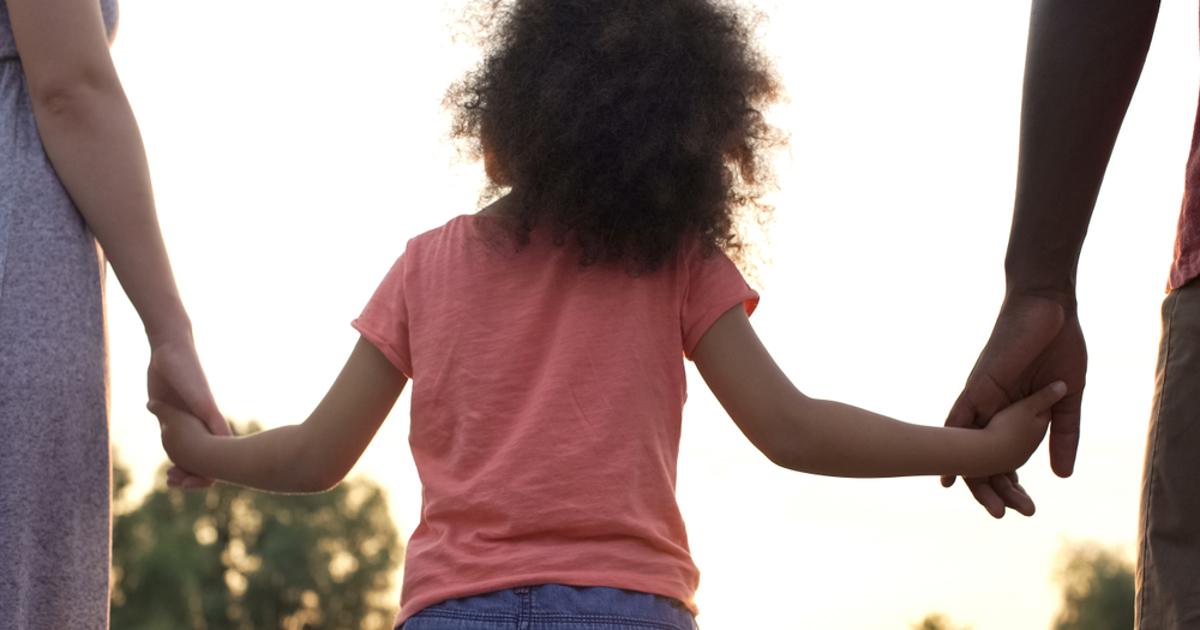
Kim and Kanye’s dynamic highlights the reality of co-parenting after emotional upheaval. It’s an ongoing negotiation between care, communication, and control.
Kim’s approach reflects balance: allowing her children to maintain a relationship with their father while shielding them from public controversy. This balance — love without enabling, boundaries without alienation — is one of the hardest things divorced parents face.
Experts often emphasize the importance of “parallel parenting” in such cases: focusing on your own parenting decisions without trying to control or correct the other parent’s behavior. It’s about minimizing conflict rather than enforcing unity. Kim’s silence and focus on stability suggest she’s following this principle intuitively.
The Toll of Fame on Mental Health
Fame magnifies everything — love, hate, joy, criticism. For someone like Kim, every emotional experience becomes a headline.
The pressure of maintaining composure while the world speculates about your life can trigger anxiety, burnout, and chronic stress.
Kim’s public admission of being “pretty tested” hints at emotional exhaustion. Yet, her willingness to speak about therapy, stress, and vulnerability is refreshing.
It challenges the stigma that strength means silence.
In a culture that rewards image over authenticity, Kim’s openness about mental health may be one of her most empowering acts yet.
Lessons from Kim’s Journey
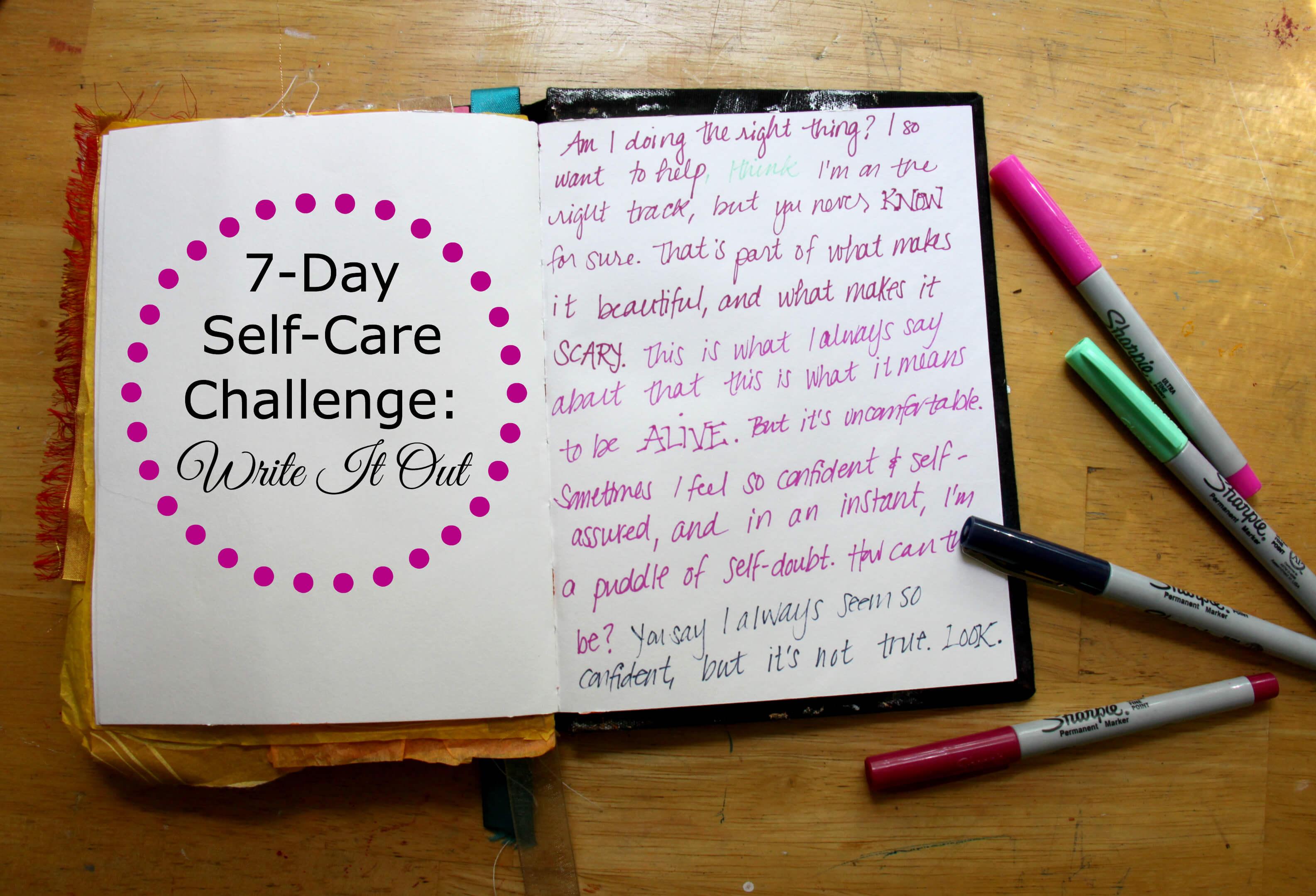
Kim Kardashian’s story transcends gossip. It’s a case study in resilience, boundaries, and emotional growth. Here are a few takeaways anyone can learn from her journey:
-
Protect your peace, even when others don’t understand.
It’s not selfish to create distance from chaos — even if the world expects you to stay engaged. -
Silence can be strength.
Kim’s decision not to retaliate publicly is strategic and protective, not passive. -
Physical symptoms often reflect emotional pain.
Stress can manifest in skin, sleep, and health — acknowledging it is the first step to healing. -
Children need safety more than explanations.
Shielding kids from adult issues is an act of love, not deceit. -
Healing is a process, not a performance.
Public or private, real recovery takes time, reflection, and compassion.
What We Can Learn as a Society
Beyond celebrity intrigue, Kim’s honesty highlights broader issues we often overlook: the mental health effects of online harassment, the unfair expectations on women to stay composed, and the invisible labor of emotional resilience.
Her story encourages a shift from judgment to empathy — to remember that behind every viral headline is a human being navigating pain, parenthood, and pressure.
Conclusion: The Power of Vulnerability in the Public Eye
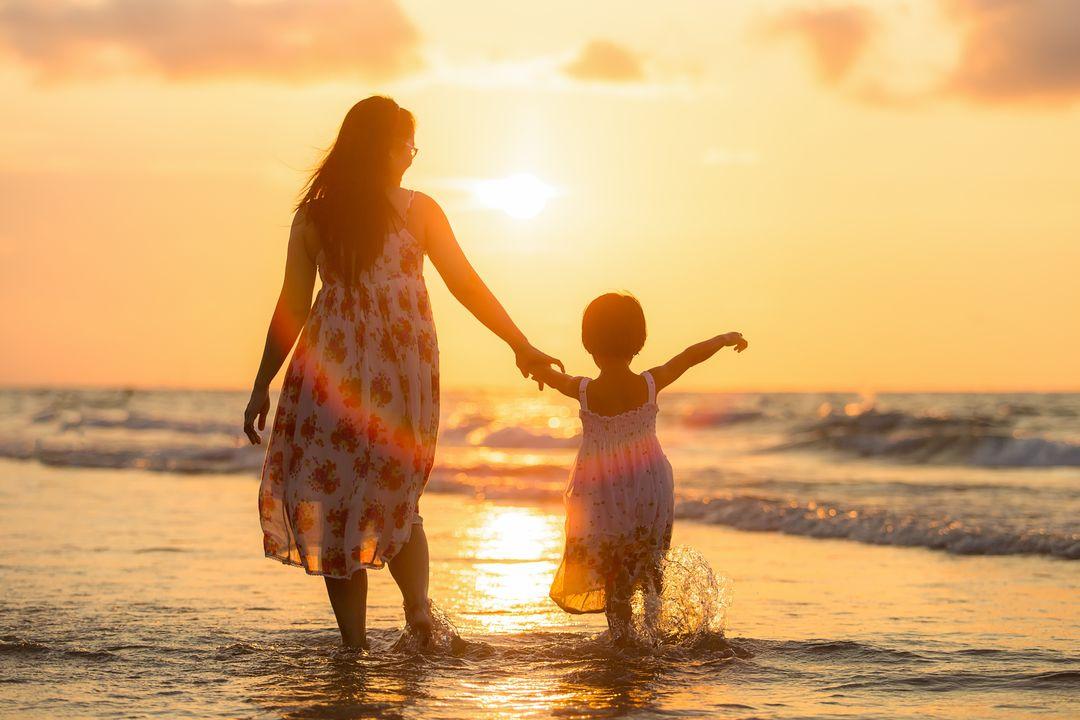
Kim Kardashian’s words — “I just want to protect my babies” — may be simple, but they echo universal truths. We all have something or someone we’re trying to protect while managing the noise of life.
Her journey is more than a celebrity saga; it’s a reflection of how modern life tests boundaries, resilience, and love. Whether you’re a public figure or a private parent, her story reminds us that true strength often lies in quiet protection, not loud retaliation.




